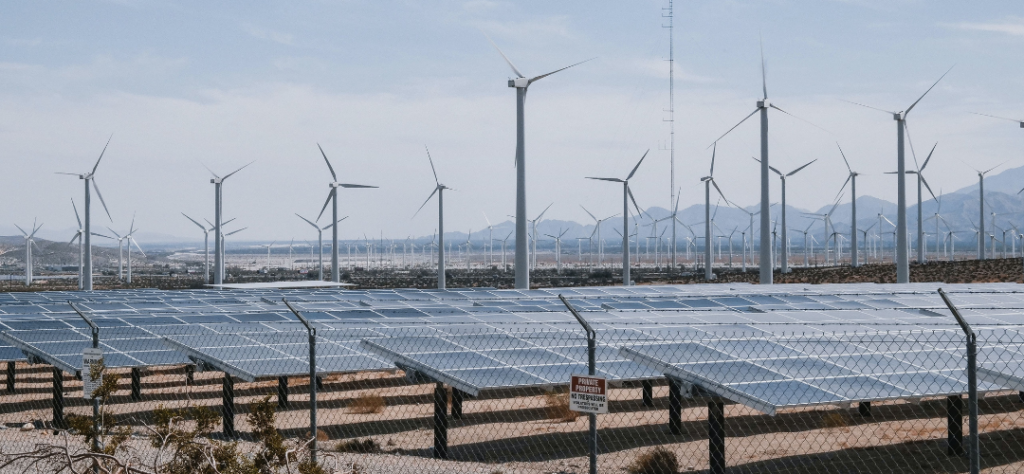Why you might want to invest In Closed-end funds:
Closed-end funds are recently gaining more and more attention from investors who are looking for investment opportunities in tangible assets. What makes these funds quite different is that they don’t commit themselves to buy back shares or distribute new shares after the initial public offering. Thus, unlike open-end funds, closed-end funds don’t need to manage daily inflows and outflows from investors buying and selling shares. This allows the funds to invest in specialized, less liquid corners of the market where open-end funds may not venture. This, in turn, enables you as investor to get exposure to profitable investment opportunities such as real estate or renewable energy projects.
In times of climate change and the energy crisis, this type of investment vehicle has attracted a number of impact investors who value the investment in renewable energy projects as a great way to have a direct sustainable impact without facing a lot of risk. Thanks to the fact that the energy production ensures steady returns, a minimum rentability is assured.
The big downside of closed-end funds:
While closed-end funds seem to offer great opportunities there is a reason why they are still relatively unpopular, and that is the lack of liquidity. If you want to liquidate your shares in an open-end fund, you can log in to your broker’s account and sell them. Closed-end funds, however, usually don’t buy back your investment. Instead, you will need to find another investor who is willing to buy your shares on a secondary market. While big closed-end funds investing in alternative securities are traded on international exchanges, the funds that many impact investors select are much harder to liquidate. In Europe there are some online commerce platforms that try to match buyers and sellers of those shares but apart from the difficulties to find a buyer, you will encounter high commission fees charged by the platforms ranging from 3 to 5% with a minimum fee of a couple of hundred euros.
Alternatives and Solutions:
Closed-end funds don’t provide liquidity and charge relatively high management fees. As a result, a large number of prospective impact investors does not invest in renewable energy assets; instead, people invest in widely known open-end funds with a sustainability label, which are based on stocks and other common securities. This is a problem that many sustainable crowdfunding platforms are facing too.
Nevertheless, modern technologies in the field of blockchain technology are bringing an end to this problem. Platforms like Crowmie are finding ways to allow users to liquidate their investments in photovoltaic projects at any time. Enabling anyone to finance renewable energy projects and benefit from these profitable and save investments, this development marks a new era of impact investing.





